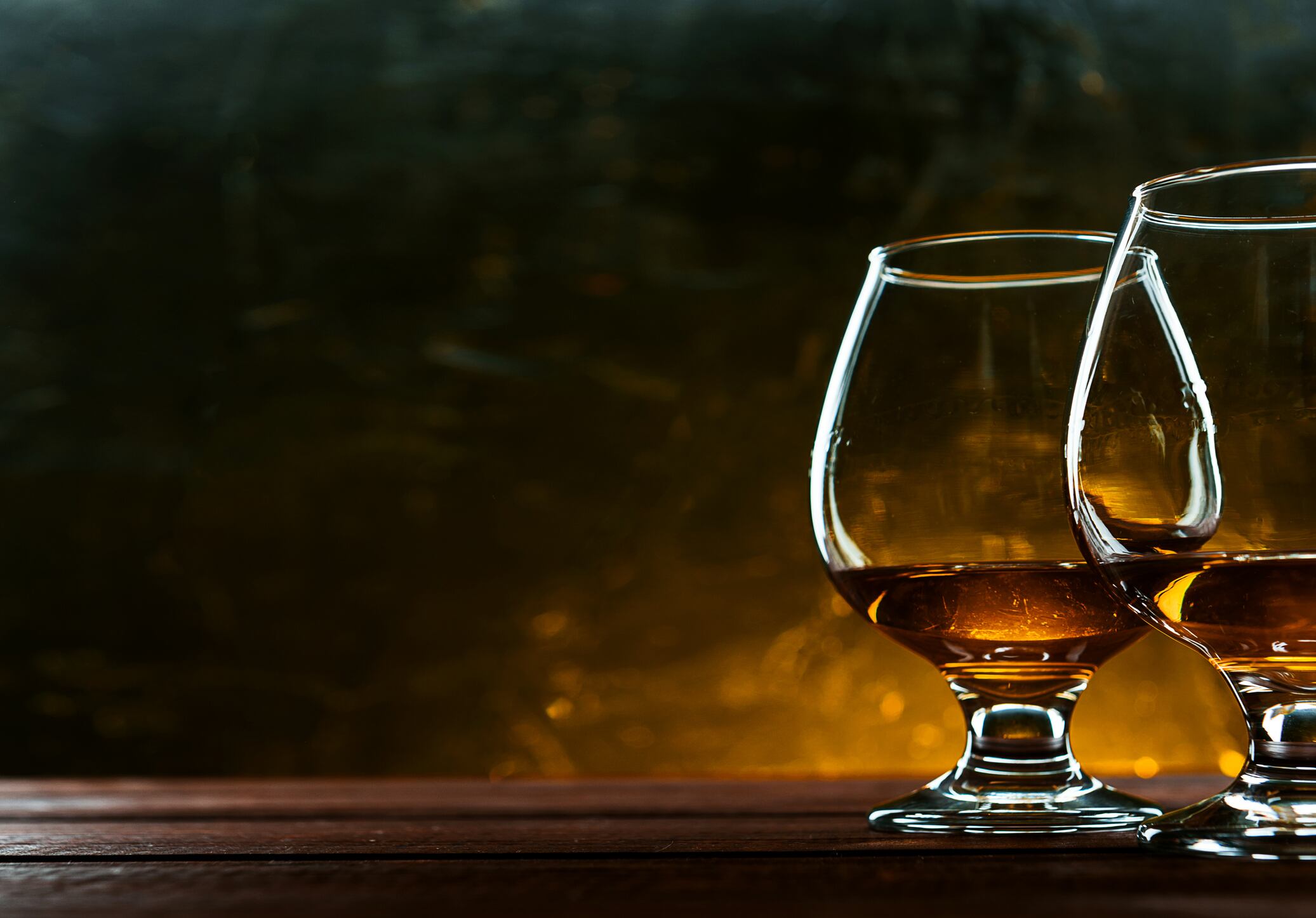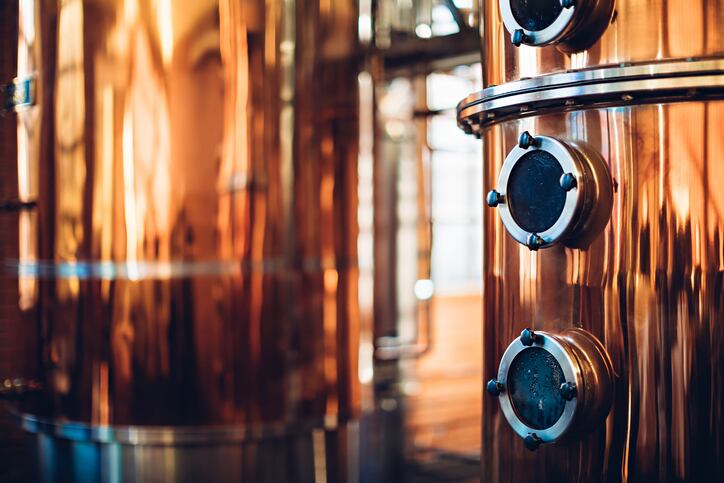The value of the status spirits market is $8.3bn (excluding baijiu), and increasing at a value compound annual growth rate of 7% (2014-2018), significantly ahead of the total global spirits market at 2% value CAGR, according to the IWSR's Status Spirits Strategic Study.
“Although we conducted our study prior to the current COVID-19 situation, when we look at similar past events, such as SARS and the 2008 financial crisis, luxury goods and status spirits in particular have always recovered to previous levels,” says Mark Meek, CEO at IWSR Drinks Market Analysis.
For example, IWSR data show that between 2008 and 2012, global prestige-plus spirits (generally $100+) grew 82% in volume, and almost 230% in value, which reinforces the resilience of high-end spirits after economic challenges.
“The majority of status spirits are most often sold in fine wine and spirits retail stores and via ecommerce – more so than in bars and restaurants – which bodes well for these products in this current climate,” adds Meek.
Nonetheless, he also notes the status spirits market can be quite dependent on Chinese consumers and tourists, as well as global travel retail.
Status spirits are outgrowing their lower-end counterparts in almost all categories. Particularly driving this growth are the established status categories of Cognac and Scotch, but growth will be much faster in less developed categories such as US whiskey and tequila. These, along with Irish whiskey and rum, are all building their respective categories at the high-end, and are supported by specialist retailers in key markets.
Status baijiu, almost all of which is sold in China and global travel retail, stands in a league of its own at $33.2bn in value.
In the ultra-prestige sector, individual expressions such as Louis XIII and Hennessy are the primary drivers of the Cognac category, while interest in Scotch is often based on a strategy of offering products in a series. Brands such as The Macallan, Glenfarclas, The Balvenie, Laphroaig, Dalmore, Glenlivet, and others have generated several hundred million dollars in revenue for their limited edition collections and annual release series.
“Though the status spirits market is relatively small in size, these are highly coveted and often very rare and allocated products that appeal to affluent and aspirational spirits aficionados and collectors, and yes, sometimes to people only seeking that badge value,” said Meek.
“It’s a unique and nuanced sector which has definitely benefitted from the general trend towards premiumisation, and also by the younger generation who continue to seek out luxury, and find it in high-end spirits.”




